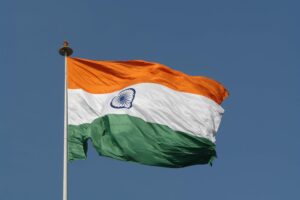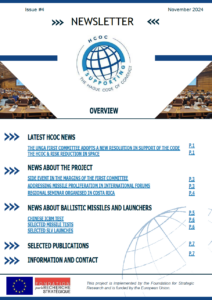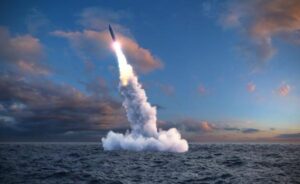Visit of the NARO Space Centre (Republic of Korea)
19-21 March 2024
On 19-31 March 2024, as part of the European Union’s decision to support HCoC, the FRS organised a visit to NARO Space Centre (Republic of Korea), in close cooperation with the Korean MOFA, Ministry of Science and ICT and KARI. Briefings and discussions were also organised in Seoul.
Representatives from Austria, Australia, Indonesia, Ireland, Thailand, Malaysia, and the Philippines took part in this 3-day visit. This delegation included representatives from subscribing states as well as non-subscribing states in order to encourage discussions on ways to promote the universalization of the Code. While some participants came from established space-faring nations, others represented countries with budding space ambitions and were interested in knowing more about how the Code aims at curbing the proliferation of missiles while at the same time enabling the peaceful use of space. Officials from the European External Action Service also brought their expertise to the event.
The agenda consisted in a series of presentations on the HCoC and on sites visits, including NARO Space Museum and the launch pad of the South Korean launchers. Representatives from the KARI briefed the participants on the various activities conducted on the Centre and emphasised the evolutions observed on the space sector and the way the spaceport is anticipating them. In Seoul, participants could discuss the issue of ballistic proliferation and the perspectives from the region, with a special focus on the DPRK ballistic programme.
This activity was a concrete way to implement transparency measures as provided for in the Code: “Subscribing States « consider, on a voluntary basis (including on the degree of access permitted), inviting international observers to their land (test-) launch sites » (article 4 ii)”
The last visit to a space launch site occured in 2022, in Kourou (French Guiana). In 2011, an invitation to the Centre Spatial Guyanais had already been extended to international observers. Both visits were organised by FRS. Norway and Japan also implemented this provision of the Code, respectively with a visit of the Andøya Rocket Range in 2004 and the JAXA Tanegashima Space Center in 2005.



